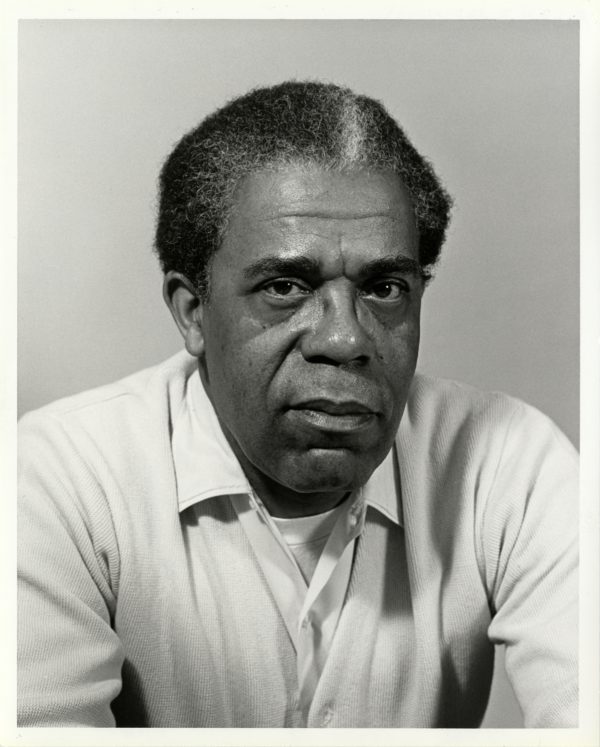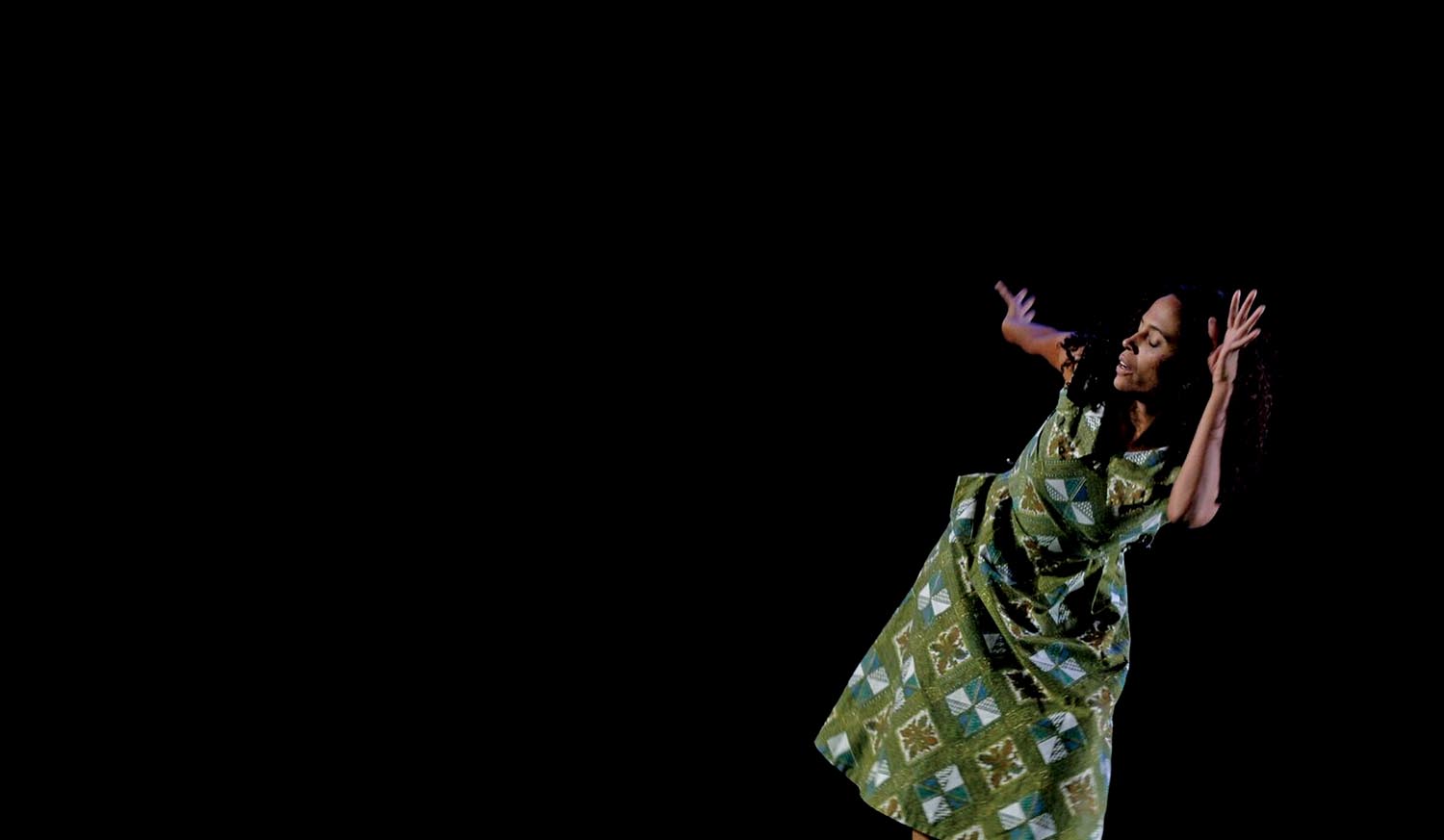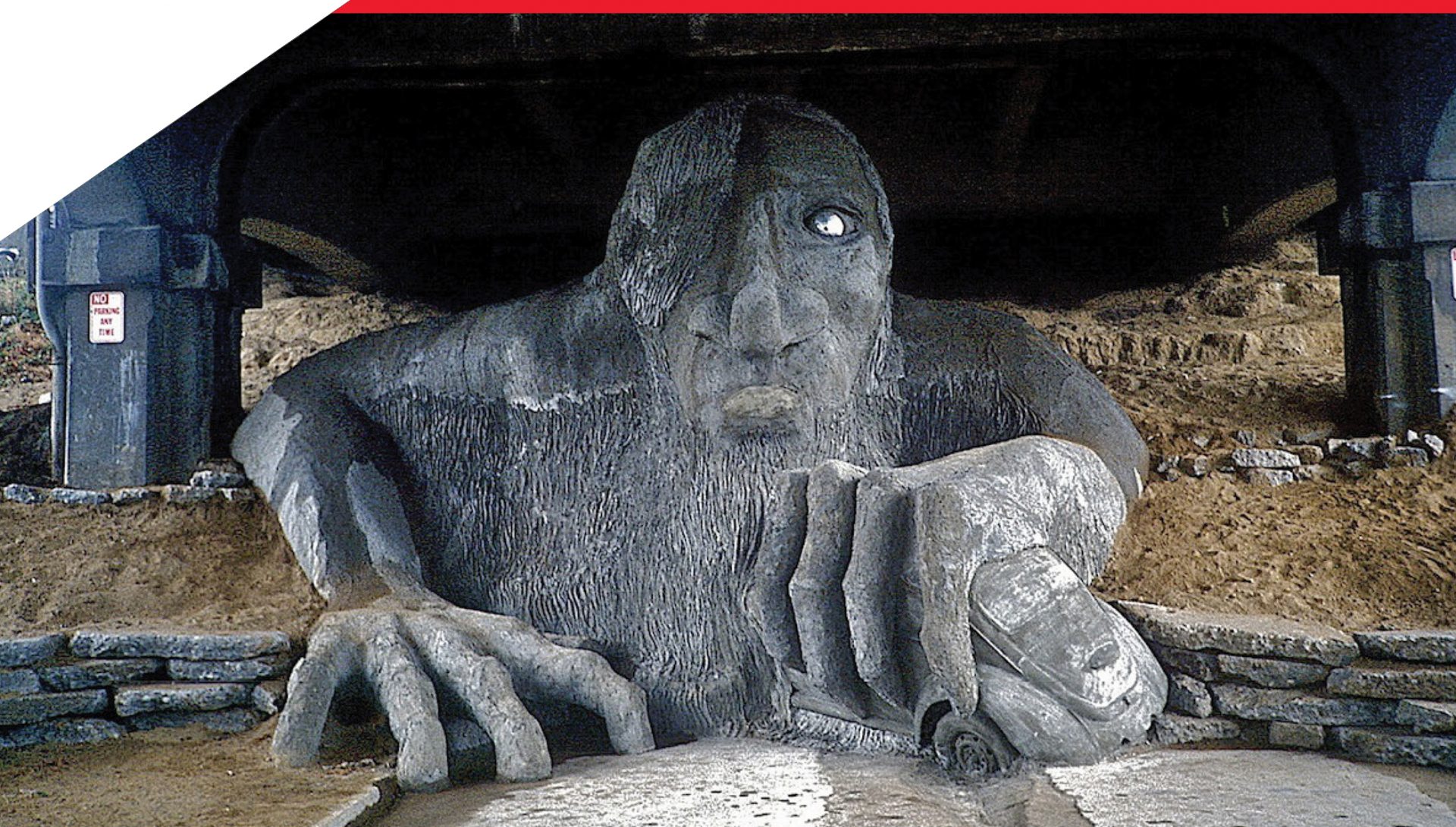A Rare Find in the Military Archives: A Little-Known Poem by Dudley Randall

Photo of Dudley Randall circa 1972 courtesy Burton Historical Collection, Detroit Public Library.
Visiting Assistant Professor of Science in Society Natalie Shibley was combing through the digital archives of the Apache Sentinel for her book on African-American service members and homosexuality investigations when she came across something unexpected. It was a poem titled “USO Incident” by prominent poet of the Black Arts Movement Dudley Randall, published in a 1943 edition of the newspaper.
As founder of Broadside Press, Randall himself published many important Black poets. Later, the Detroit native became the city’s poet laureate. One of his most well-known poems is “The Ballad of Birmingham,” about the 1963 Birmingham church bombing. Like many other Black authors and intellectuals in the 1950s, ’60s, and ’70s, Randall was also the subject of FBI surveillance.
Yet “USO Incident” was published significantly earlier than most of Randall’s poems, and, to Shibley’s knowledge, was previously unknown to scholars. Shibley, a scholar of race, gender, and sexuality in the military, shared her discovery with Randall’s biographer and editor of his writings, Dr. Melba Boyd of Wayne State University, who responded with excitement, writing that the poem “definitely escaped literary history.” Boyd sent the poem to the Bentley Historical Library at the University of Michigan to be housed with Randall’s other papers. Shibley plans to write a journal article about the discovery.

Though Shibley is not a literary scholar and was previously only familiar with some of Randall’s most famous poems, she was intrigued by the finding and sought to expand her knowledge of the poet. She learned that he published a few poems in his hometown newspaper as a teenager, but that his career didn’t really take off until the 1960s. While Randall wrote several poems during World War II, they weren’t published until much later. Shibley explained that Randall’s brother Arthur was stationed at Ft. Huachuca, the military installation with the largest number of Black soldiers, during World War II and worked for the paper—the aforementioned Apache Sentinel—there. “That seems to be how the poem was published,” Shibley said.
The poem is about a meeting between a soldier and a WAC—the descriptor used at the time for female members of the Army, after the “Women’s Army Corps.”
“I danced with her but one brief dance—” the poem begins.
“It’s a depiction of a classic kind of meeting between military men and women during the war and the kind of fleeting interactions that military personnel often had,” said Shibley.
Both Shibley’s usual research and the discovery of the poem were made possible by the National Digital Newspaper Program, a partnership between the National Endowment for the Humanities (NEH) and the Library of Congress, which provided a grant to the State of Arizona Research Library to digitize the Apache Sentinel archives.
“I hope this will lead more historians to look at military newspapers as sources, especially during the World War II period. They’re quite rich sources, and a lot of people who became famous much later are represented in them,” said Shibley. “This discovery shows the importance of funding the humanities; without the newspaper digitization project, I doubt I would have found the poem. Digitization is, of course, especially important right now when nobody can travel to archives.”



